
- Article
- Article
Cocaine, the Victorian wonder drug
Today, cocaine has a very poor public image as one of the causes of crime and violence. But for the Victorians it was welcomed as the saviour of modern surgery.
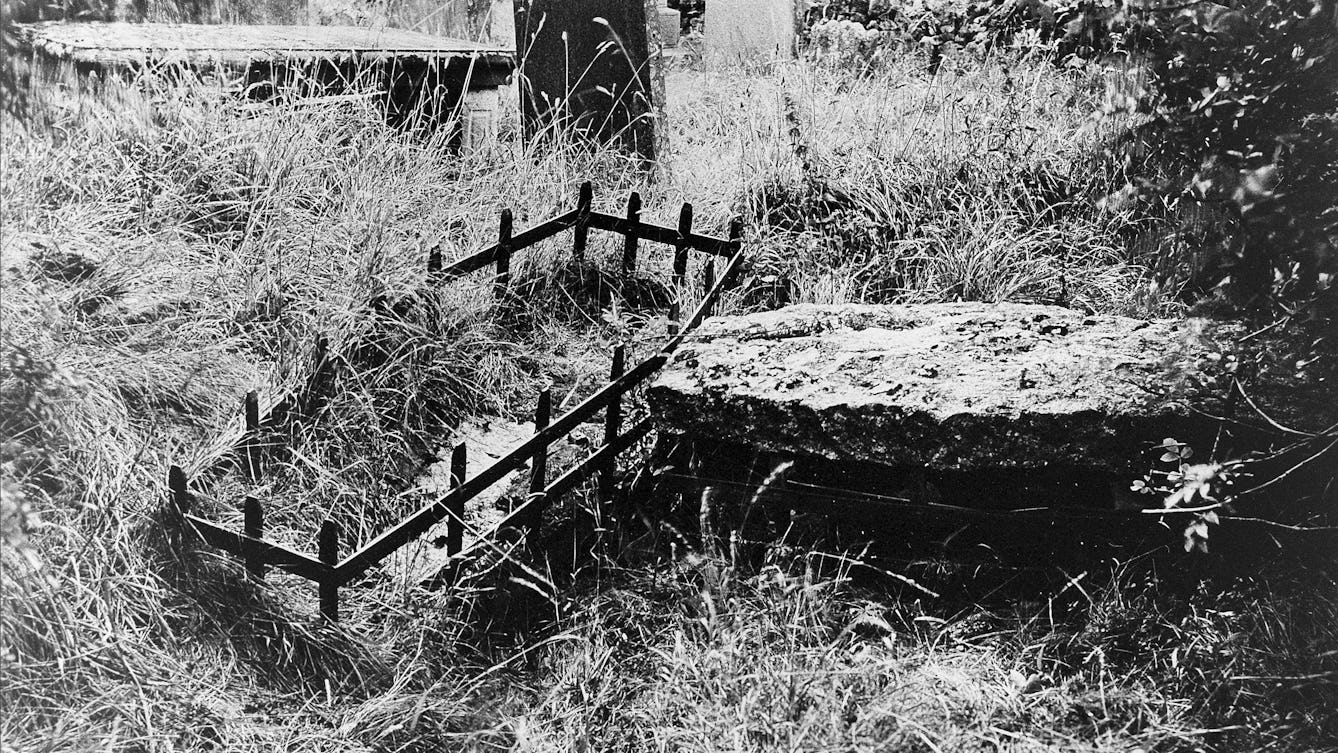
- Article
- Article
Beating the bodysnatchers
When a rise in grave robbing called for strong measures, mortsafes became the unassailable solution. Allison C. Meier explores.
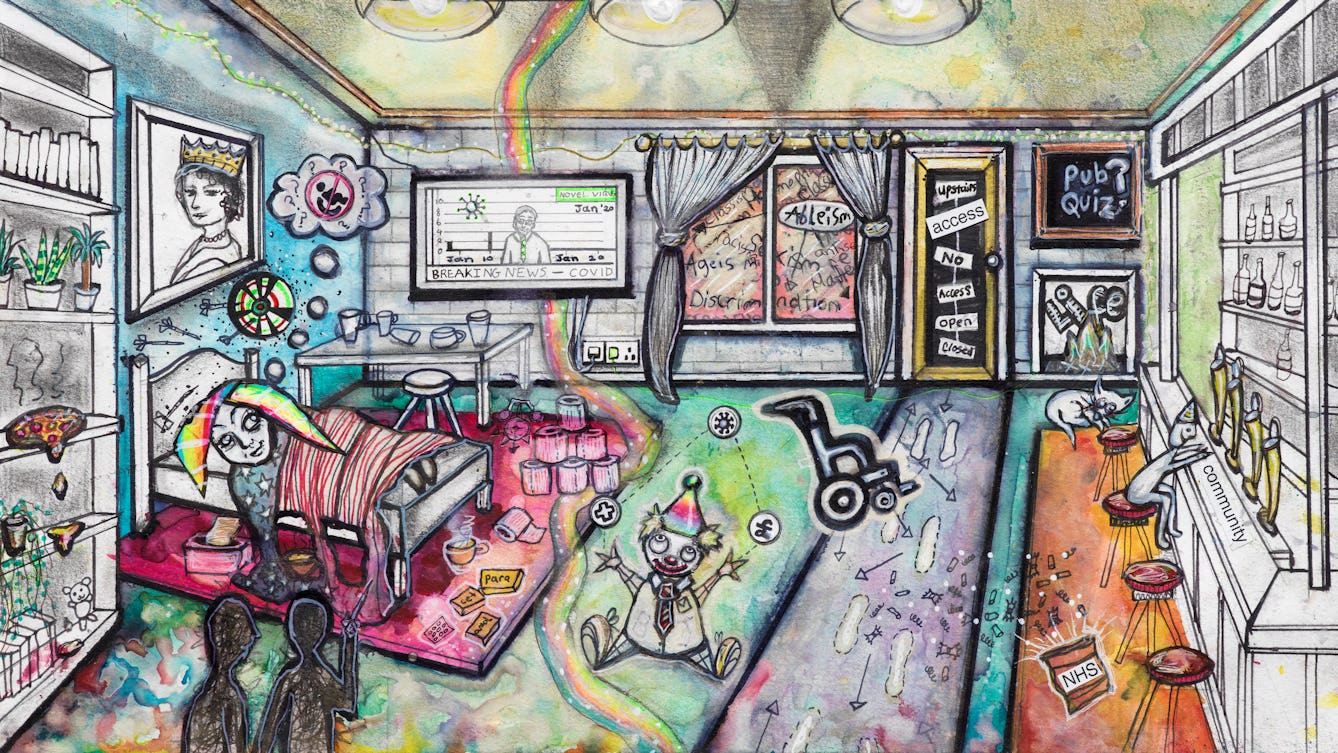
- Article
- Article
Our Covid complicity
Athena Stevens thought she had a cold that she tried to ignore, but it turned out to be Covid-19. Here she reflects on how we have all put ourselves and others at risk with the choices we’ve made during this pandemic.

- Article
- Article
Self-obsessing in the age of selfies
The tiny, joyful spark of a social media ‘like’ can lead to a damaging obsession. Find out how far people will go when their phone addiction gets the upper hand.

- Article
- Article
The first seizure
Historian Aparna Nair had her first seizure when she was 11. Here she recalls that first time, and how other people’s reactions are sometimes the most disturbing part about having a seizure.

- Article
- Article
Tragic artists and their all-consuming passions
Does having a debilitating disease help or hinder creative genius?
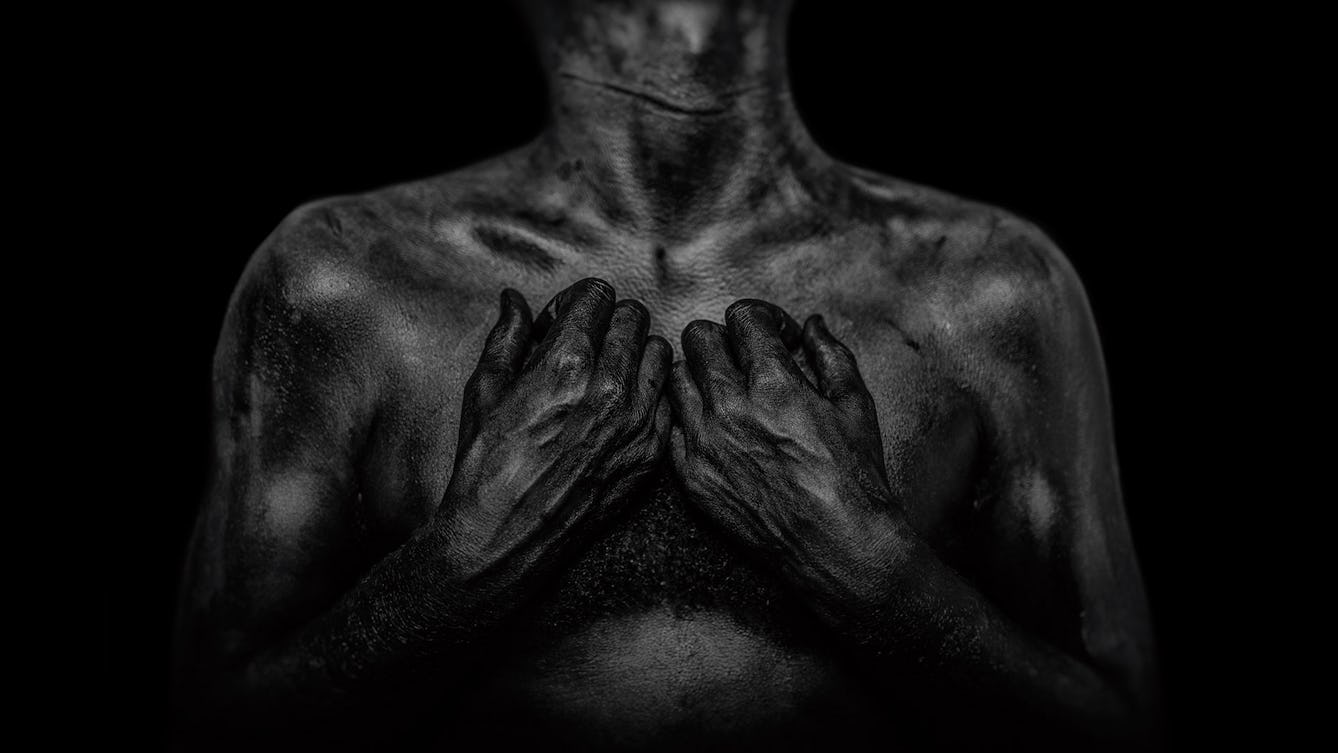
- Article
- Article
Daniel Regan on using photography to manage emotions
Artist Daniel Regan manages his emotions and stays grounded through photography, allowing him to engage in the world around him.
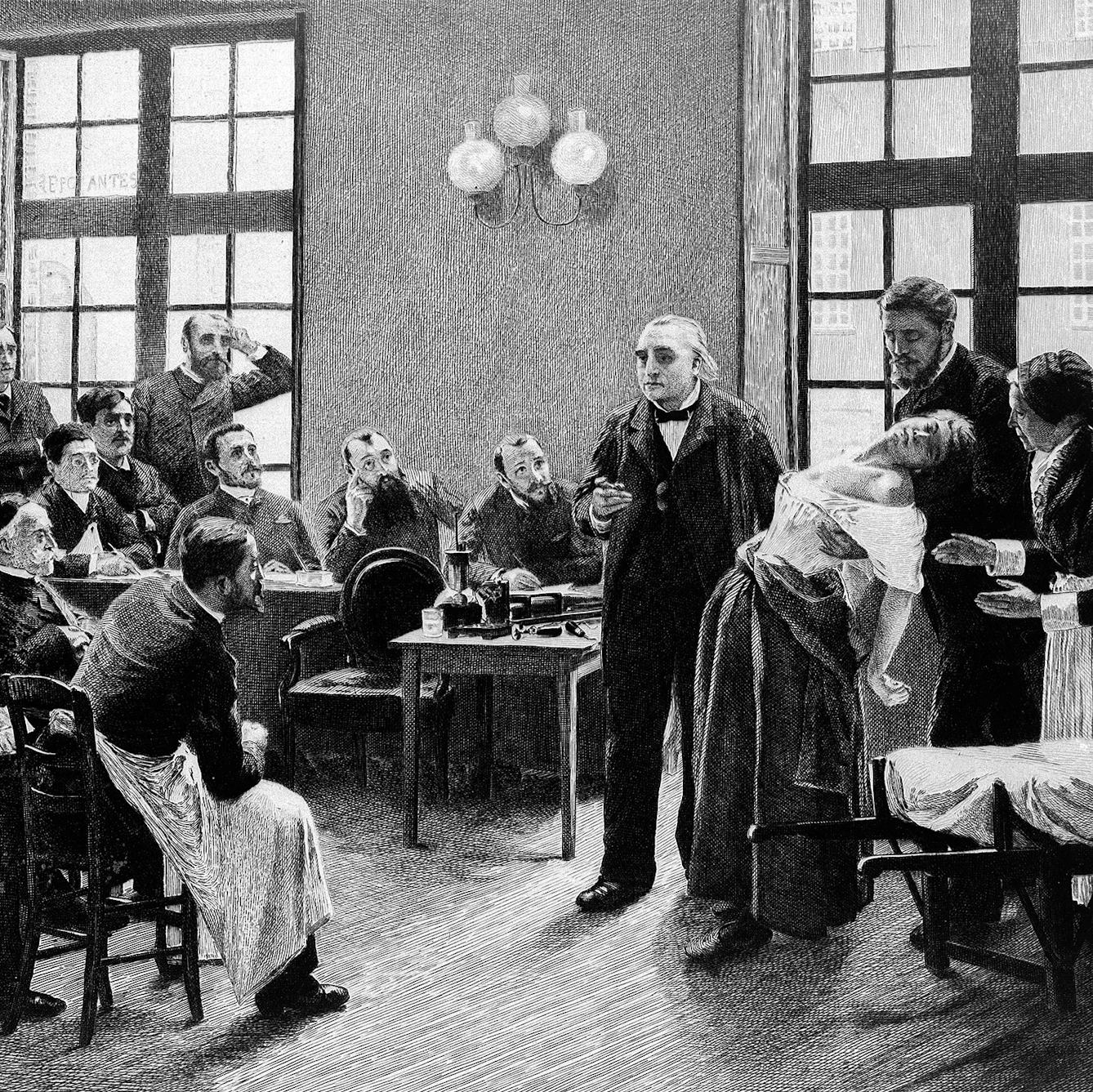
- Article
- Article
What is hysteria?
Hysteria has long been associated with fanciful myths, but its history reveals how it has been used to control women’s behaviour and bodies
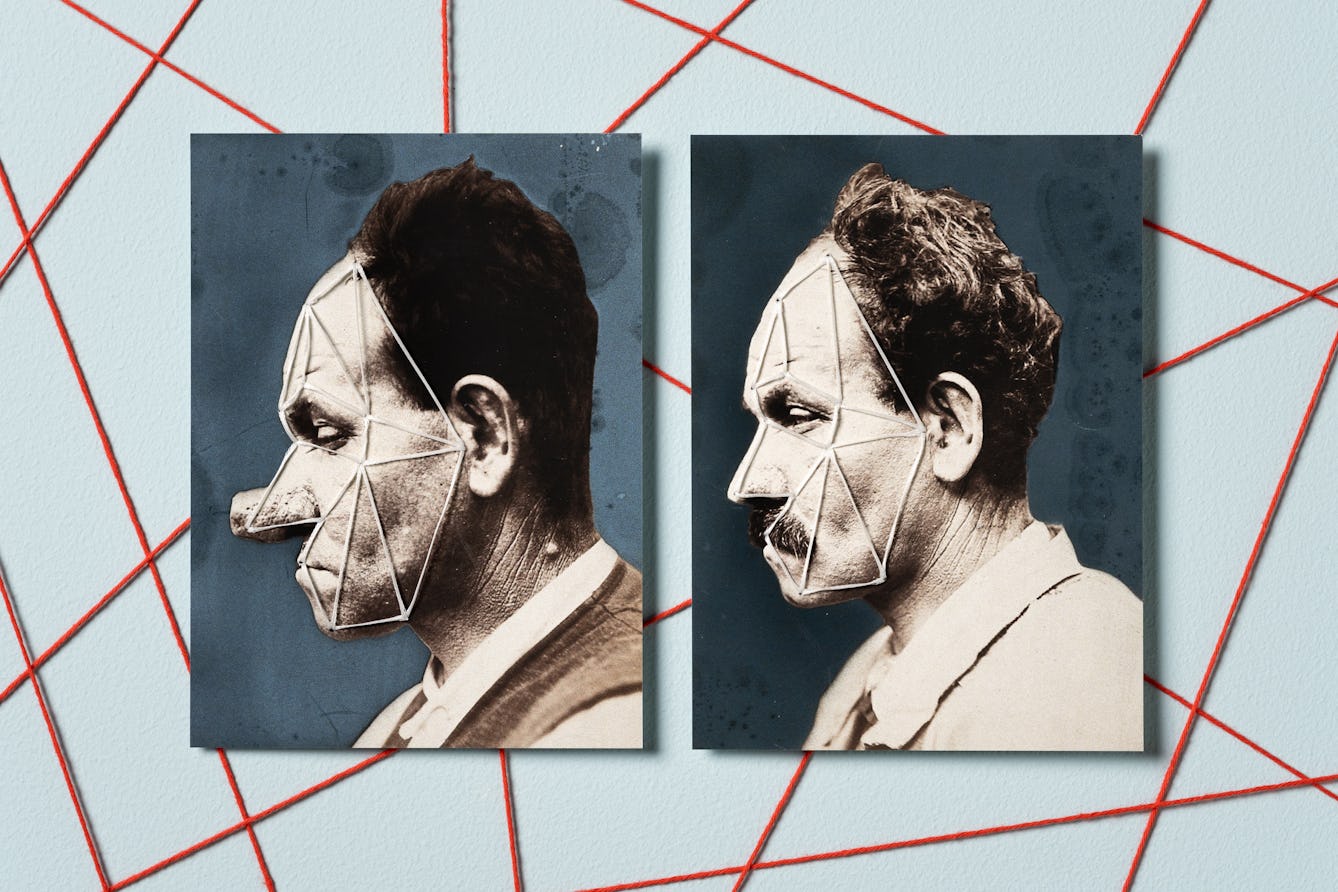
- Article
- Article
Why even plastic surgery can’t hide you from facial recognition
Once upon a time, plastic surgery allowed a few notorious criminals to evade the law. But today, sophisticated facial-recognition technology has turned dreams of anonymity to dust.

- Article
- Article
How electromagnetic therapy inspired me
Poet Sarah James explores how repetitive transcranial magnetic stimulation treated her depression and influenced her art.

- Article
- Article
Between sickness and health
In early 2020, the subject Will Rees was studying – imaginary illnesses – took on a new relevance as everyone anxiously scanned themselves for Covid symptoms each day. But this kind of self-scrutiny is nothing new, as he reveals.

- Article
- Article
Making sunstroke insanity
Medical historian Dr Kristin Hussey takes a closer look at sunstroke and mental illness, and how, in the late 19th century, they connected at the crossroads of colonial science and the idea of whiteness.

- Article
- Article
Drops of water
In the compulsory isolation of lockdown, Daisy Lafarge’s repeated visits – via a new microscope – to the miniature worlds contained by drops of pond water provided her with the company and escapism she craved.

- Article
- Article
Duelling doctors
An enduring enthusiasm for 18th-century gentlemen to defend their ‘honour’ by duelling placed doctors in a delicate position. Specially when they faced being shot themselves.
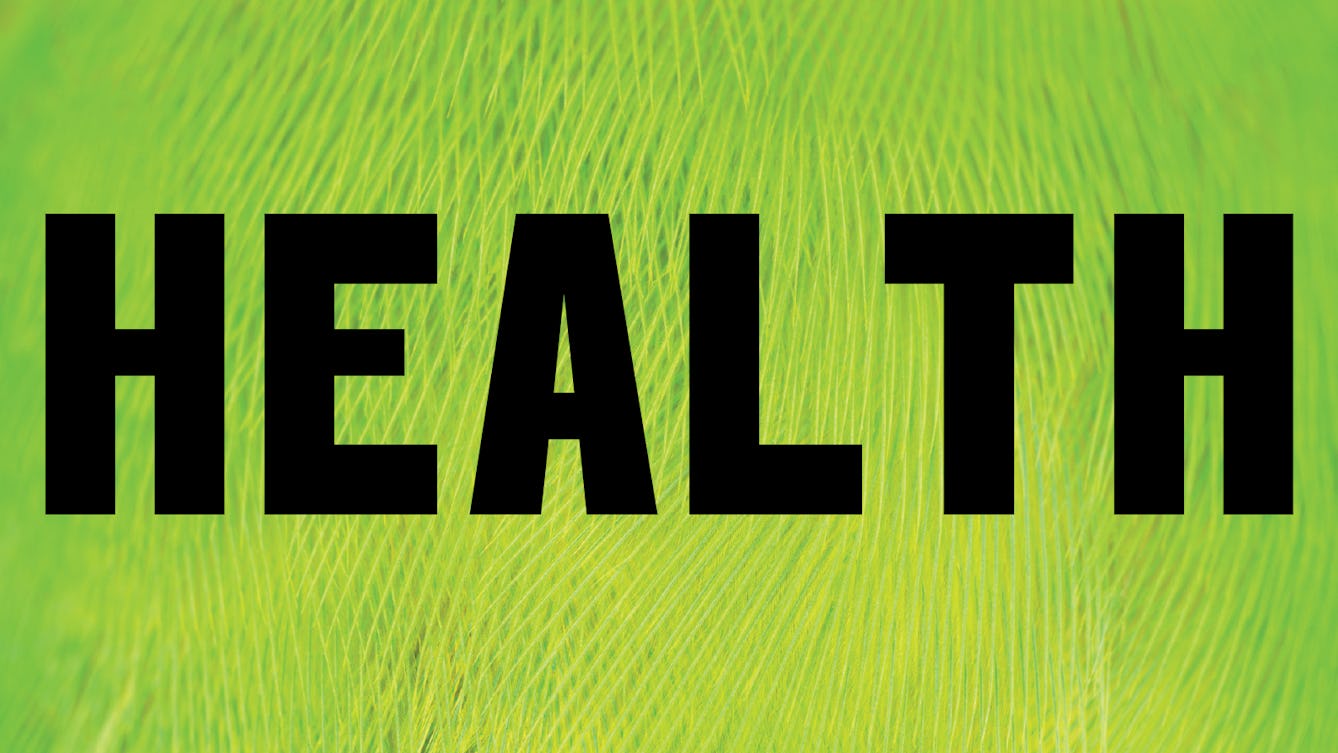
- Article
- Article
Sharing Nature: Over the rainbow
Here’s your choice of the most meaningful nature photo on the theme of health.

- Article
- Article
Louis Wain’s cryptic cats
Once famous for his quirky cat illustrations, today Louis Wain is often portrayed as a ‘psychotic’ artist whose illness can be mapped out through his drawings. Here Bryony Benge-Abbott takes a more rounded view.
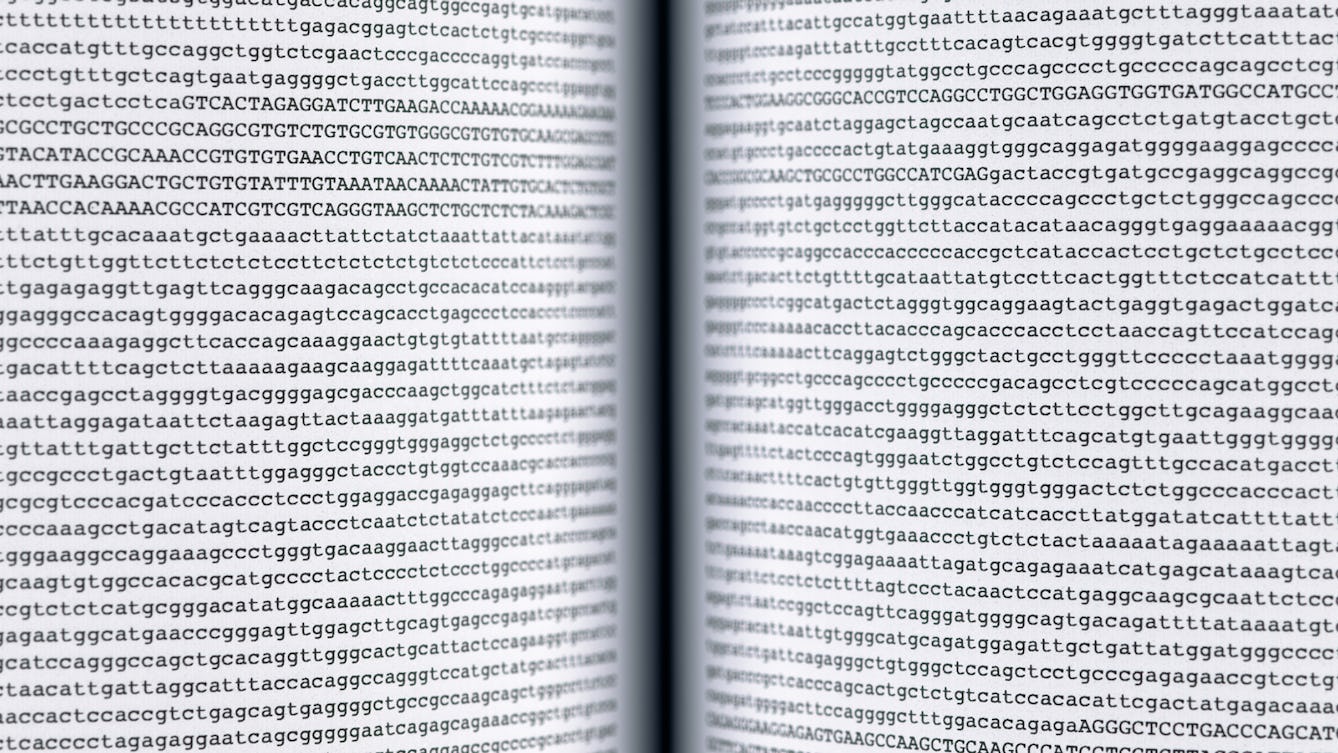
- Article
- Article
The Key to Memory: Write it down
Nick Dent explores what the Library of the Human Genome can tell us about how and why we remember.

- Article
- Article
Love, longing and tea from the polski sklep
For people of Polish origin in the UK, herbal tea is closely tied to health and shared history. Kasia Tomasiewicz explores her changing relationship to these tea-related cultural habits.

- Article
- Article
Active pensioners, blooming gardens
To reach your 70s with over 300,000 Twitter followers or running a music festival is not the stereotypical image of retirement. But does this energetic engagement with life equal happiness?

- Article
- Article
The solidarity of sickness
Visiting an injured friend in hospital prompts writer Sinéad Gleeson to reflect on the instant rapport forged between compatriots in the kingdom of the sick.

- Article
- Article
Finding solidarity in arachnophobia
Arachnophobia is very different from just disliking spiders. Izzie Price shares the reality of having the phobia, and explores its likely origins.
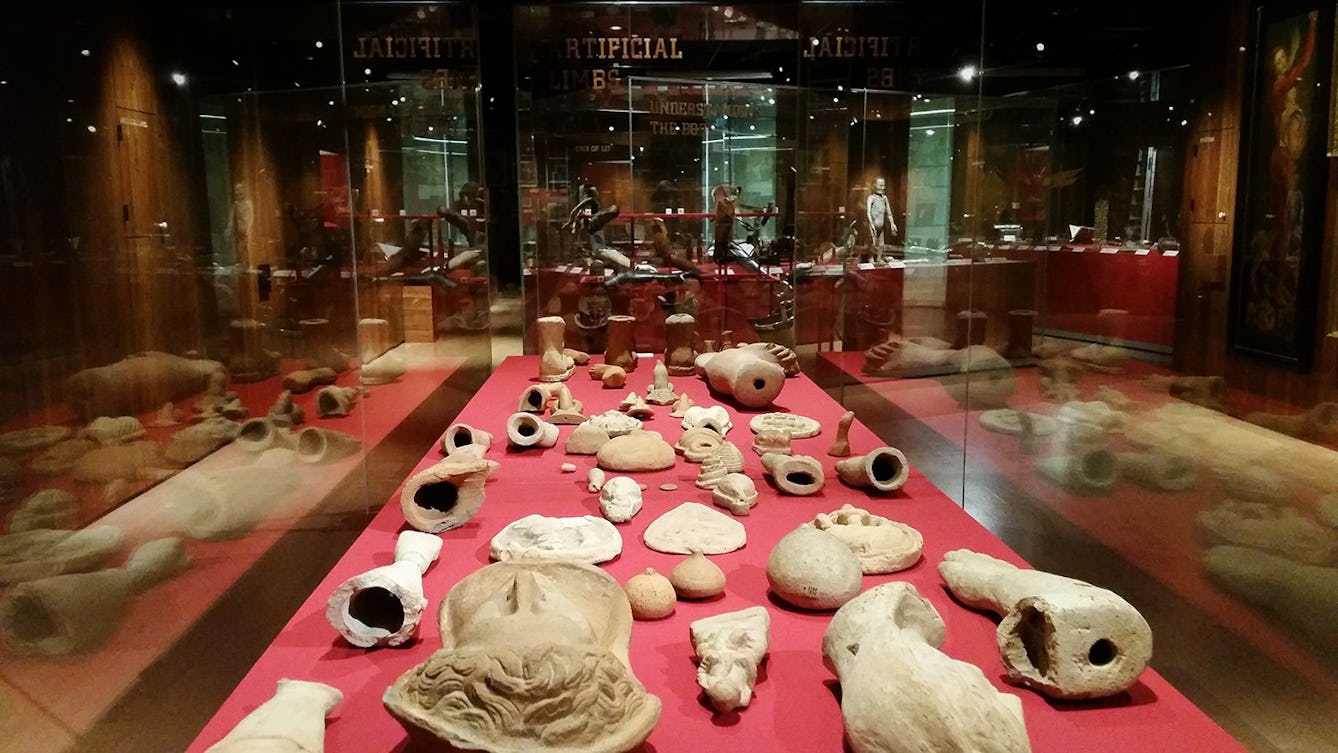
- Article
- Article
Why the world needs collectors
Those who collect play an important role as “facilitators of curiosity”, says Anna Faherty.
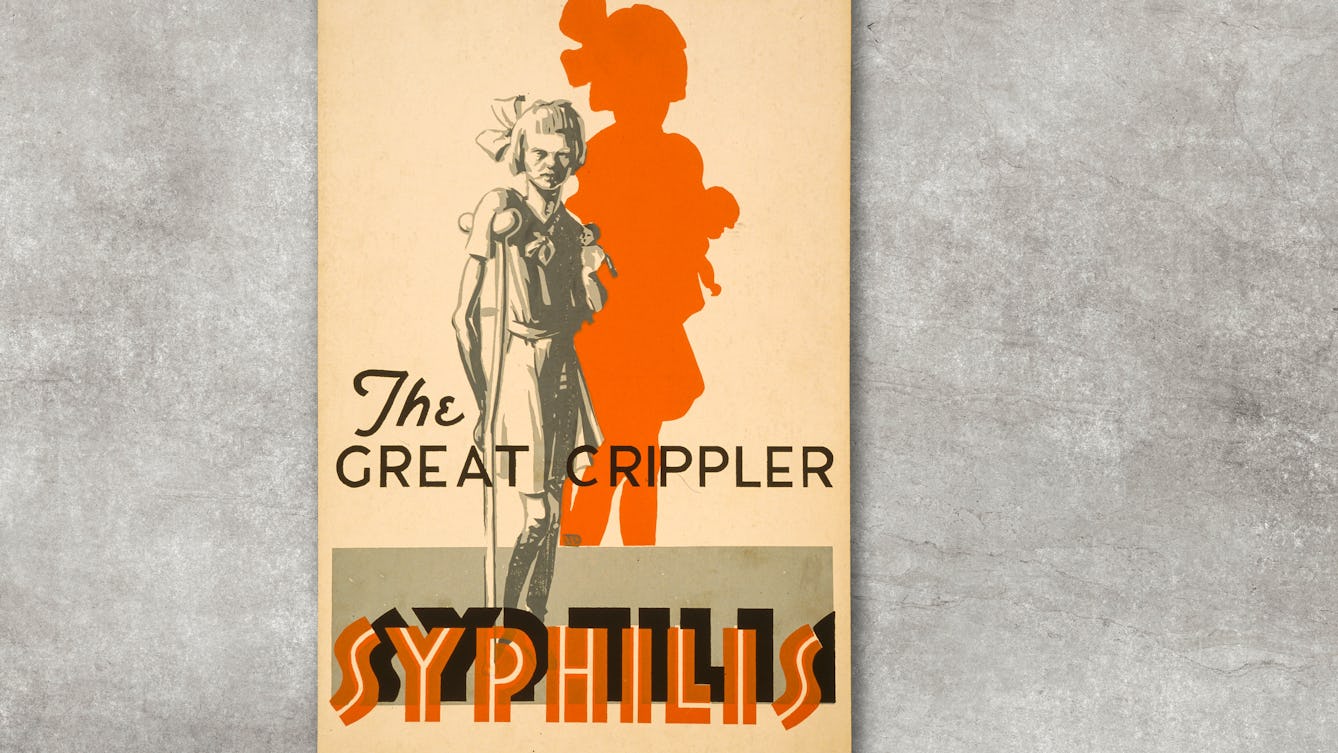
- Article
- Article
Public health campaigns and the ‘threat’ of disability
By continuing to represent disability as the feared outcome of disease, public health campaigns help to perpetuate prejudice against disabled people.

- Article
- Article
Designing better mental health wards
Bringing colour and natural light to tired, grubby mental health wards has a measurably positive effect on patients. A few groundbreaking projects are showing the way.

- Article
- Article
The enduring myth of the mad genius
There’s a fine line to tread between creativity and psychosis.